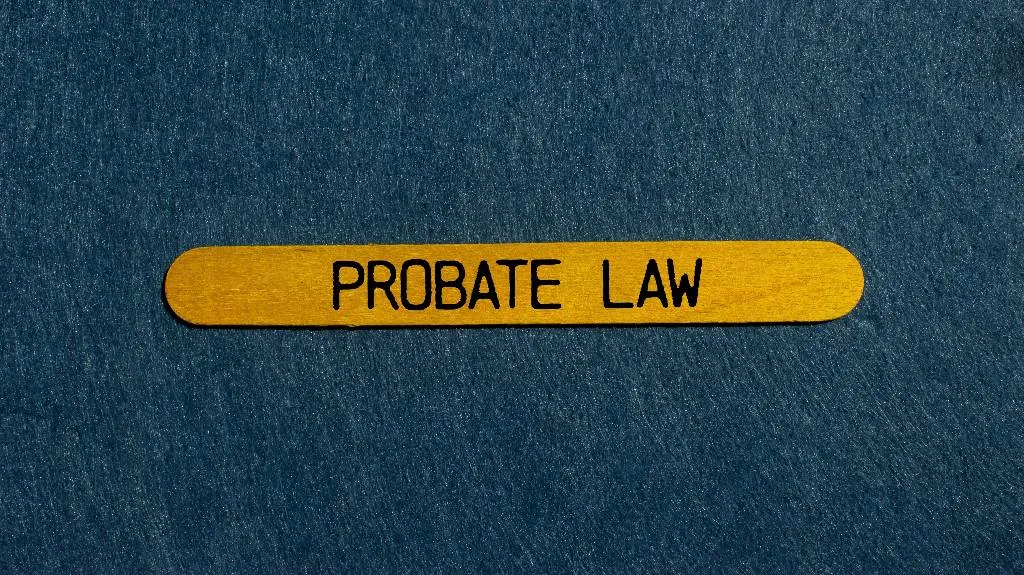The Power of Estate Planning and Trusts for Modest Estates
Estate Planning is often associated with wealthy people with many assets, substantial properties, and intricate legal structures. However, estate planning holds value for individuals from all walks of life, regardless of the size of their assets. Even if you don’t have a lot of money or own a house, creating an estate plan with a trust can provide you with a lot of advantages over common individual pay-on-death (POD) accounts. In this blog, we’ll look at how an estate plan and trust can be useful tools for those who have limited assets and no homeownership.
The Foundation of Estate Planning
Before we discuss the advantages of estate planning and trusts, let’s first define what estate planning entails. Estate planning is the process of planning for the management of your affairs and the distribution of your assets in the event of your passing or incapacity. It includes a variety of legal documents and plans that are all designed to assure that your wishes are carried out effectively, efficiently, and legally.
Get a Free Consultation Today
You might be wondering, “Why do I need an estate plan when I don’t have a ton of assets or own a home?” The answer lies in the fact that estate planning is not solely about wealth preservation; it’s about protecting your interests, providing for your loved ones, and leaving a legacy that reflects your values and wishes.
The power of trusts
A trust is often the heart of an effective estate plan for those with modest estates. A trust is a legal entity that holds and manages your assets for the benefit of specific beneficiaries, offering several advantages that make it a valuable asset regardless of your financial situation. Trusts are flexible tools with numerous benefits, making them a valuable choice for those with smaller estates.
Centralized Asset Control and Management: A trust acts as a central hub for controlling and managing your financial affairs. Consolidating your assets into a trust simplifies administration throughout your lifetime and streamlines distribution after your passing, rather than juggling many pay-on-death accounts.
Avoiding Probate: Probate is the legal process by which a court validates a will, distributes assets, and settles debts. Probate can be time-consuming and expensive, regardless of the size of your estate. You can potentially avoid probate entirely by placing assets in a trust, which saves time and reduces legal and administrative expenses.
Privacy: Trusts provide a level of privacy that probate proceedings do not. Probate proceedings are public, but trust administration remains a private matter, which allows you to keep your family’s financial affairs confidential.
Flexibility: Trusts are very flexible, so you can set conditions for distributions, charities, or causes you wish to support.
Incapacity planning: You can name a successor trustee who can manage your financial affairs if you become unable to do so yourself due to illness or incapacity.
Contingency Planning: You can outline what should happen if a beneficiary predeceases you or if circumstances change.
Minimizing Family disputes: clear and simple instructions in a trust can help minimize potential conflicts between family members about the transfer of assets.
Supporting Charitable Causes: Even if you don’t have a large estate, you may want to support organizations or causes meaningful to you.
Making an Estate Plan
Now that you understand the advantages of trusts, here is a roadmap for creating an effective estate plan for your circumstances.
Define your goals: What do you want to achieve with your estate plan? Asset distribution, guardianship for minor children, healthcare preferences, etc.
Inventory your assets: create a comprehensive inventory of your assets, even if you don’t have many. This can include investments, financial accounts, life insurance policies, and digital accounts.
Choose the right trust: depending on your needs, you may choose a revocable or irrevocable living trust. Revocable trusts offer more flexibility during your lifetime, while irrevocable trusts can provide additional tax benefits.
Designate beneficiaries: specify how your assets should be distributed among beneficiaries.
Appoint a trustee: select a trustee to oversee the administration of the trust.
Regularly review and update your estate plan to ensure it continues to align with your wishes. Consult with an estate planning attorney who can help you navigate the legal complexities, understand your options, and draft necessary documents, including a will, power of attorney, and healthcare directives.
In the world of estate planning, the size of your estate doesn’t matter as much as the intent and clarity of your plan. Regardless of your financial situation or homeownership status, crafting an estate plan with a trust can provide you with peace of mind and confidence that your wishes will be carried out effectively and efficiently. By leveraging the benefits that trusts offer, you can create a comprehensive plan that maximizes your legacy, supports your loved ones, and even contributes to charitable causes close to your heart. So, don’t wait; start planning your estate today, because your legacy is worth it, no matter the size of your assets or the roof over your head.
You might be interested in our Young Adult Estate Plan package.
Filippi Law Firm, P.C., provides legal services in estate planning, probate, trust administration, trust litigation, and personal bankruptcy in the greater Sacramento area, with a focus in Rocklin, Roseville, Lincoln, and Granite Bay. Give us a call at (916) 333-7910 or fill out the contact form to get in touch with our office. Consultations are free, and they can be done over the phone, via Zoom, or in person at our office in Rocklin.




